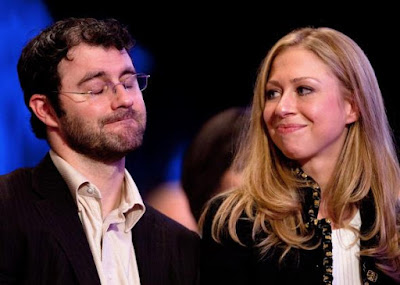As a Pluralist, it is a joy for me to see interfaith marriages, you can read it in the “ABOUT THE WEDDING” heading on this site at http://interfaithmarriages.blogspot.com/
The real purpose of religion is to build cohesive societies where people can live in harmony and without apprehension or fear of the other.
When a congregation loses a member to other faith, they obviously feel the loss, rather personal loss. The guardians of religions feel threatened that their religion is being diluted with lesser religiosity, some are afraid that their numbers will decline and most of them react with a NO to interfaith marriages.
In reality, they should be feel secure with interfaith marriages without conversions- it shows the way that we are doing what God intended us for to do; respecting the otherness of other and living in harmony with the differences. Should they have children, they tend to respect both faiths, in turn humanity.
Nearly 500 years ago, King Akbar of India, a Muslim married Princess Jodha, a Hindu, and both of them maintained their faith and no attempt was made to convert. Contrary to the popular belief about Islam, the religion does not believe in forcing conversions, and lays a huge emphasis on freedom of thought, and declares that there is no compulsion in religion.
Prophet Muhammad married Safia, a Jewish woman, and Maria a Christian woman and apparently did not ask them to convert to his faith, as he preached that one can marry within the family of faiths, but there are claims that both the ladies chose to become Muslims on their own. That’s entirely possible that they did it on their own and prophet wanted to set an example that there is no compulsion in matters of faith. He did not push his uncle to convert either, God wanted to let the world know that he is in control and not the mortal Muhammad (pbuh).
Courtesy of Salon
hoto by Daniel Berehulak/Getty Images
That interfaith marriage is on the rise in the U.S. has been much discussed in the past year, but here’s a new wrinkle: According to new study, interfaith couples are likelier to keep their separate religious affiliations than ever before. In previous decades, it was more likely that one person in an interfaith couple would switch religious affiliations (usually the husband in a heterosexual couple) or both members of the couple would drop affiliation altogether. But David McClendon, a Ph.D. student at the University of Texas at Austin, crunched the numbers and found that 40 percent of couples married in the aughts are keeping their religious traditions separate after they marry compared to just over 20 percent in the 1960s. Keeping faith separate is even more common among gay couples—almost 50 percent of lesbians and 74 percent of gay male interfaith couples keep their individual religious affiliations.
In his write-up of the paper for the Council on Contemporary Families Civil Rights Symposium, McClendon notes that part of this might be due to greater religious tolerance in general. As he notes, 80 percent of Americans age 18-23 (an all-time high) reject the idea that you need shared religious beliefs to have a successful marriage. But part of the trend might also be that Americans are less religious, and less observant, than they used to be. A quarter of Millennials are religiously unaffiliated, compared with just 13 percent of Boomers when they were young adults according to a 2010 Pew study, and fewer young people now say that religion is “very important” in their lives. In an email, McClendon also makes the point that Millennials were more likely to grow up in interfaith households than previous generations, so “we may be seeing some intergenerational feedback effects, too.”
The other question I had reading McClendon’s study is what happens when couples in these super-interfaith marriages have kids? A new book, Families and Faith: How Religion Is Passed Down Across Generations by Vern L. Bengtson, a professor of social work at USC, has found that it’s much more difficult for members of interfaith couplesto pass down their specific beliefs. And Naomi Schaefer Riley, author of ’Til Faith Do Us Part: How Interfaith Marriage Is Transforming America, notes in the New York Times that less than half of interfaith couples actually discuss what faith they’ll raise their kids in before they got married.
In researching for her book, Schaefer Riley found that interfaith couples are less satisfied than couples that share their faith (in her New York Times op-ed on the subject she didn’t mention how observant the interfaith couples were). But it’s worthwhile to note that the more religious person tended to be the more unhappy one in an interfaith marriage, particularly if they were Evangelical, as Evangelical Christians take a hard-line approach to salvation. We’ll probably see less unhappiness among interfaith couples as the country becomes less and less observant—which is where the trend seems to be going.
Jessica Grose is a frequent Slate contributor and the author of the novel Sad Desk Salad. Follow her on Twitter.
# # #


